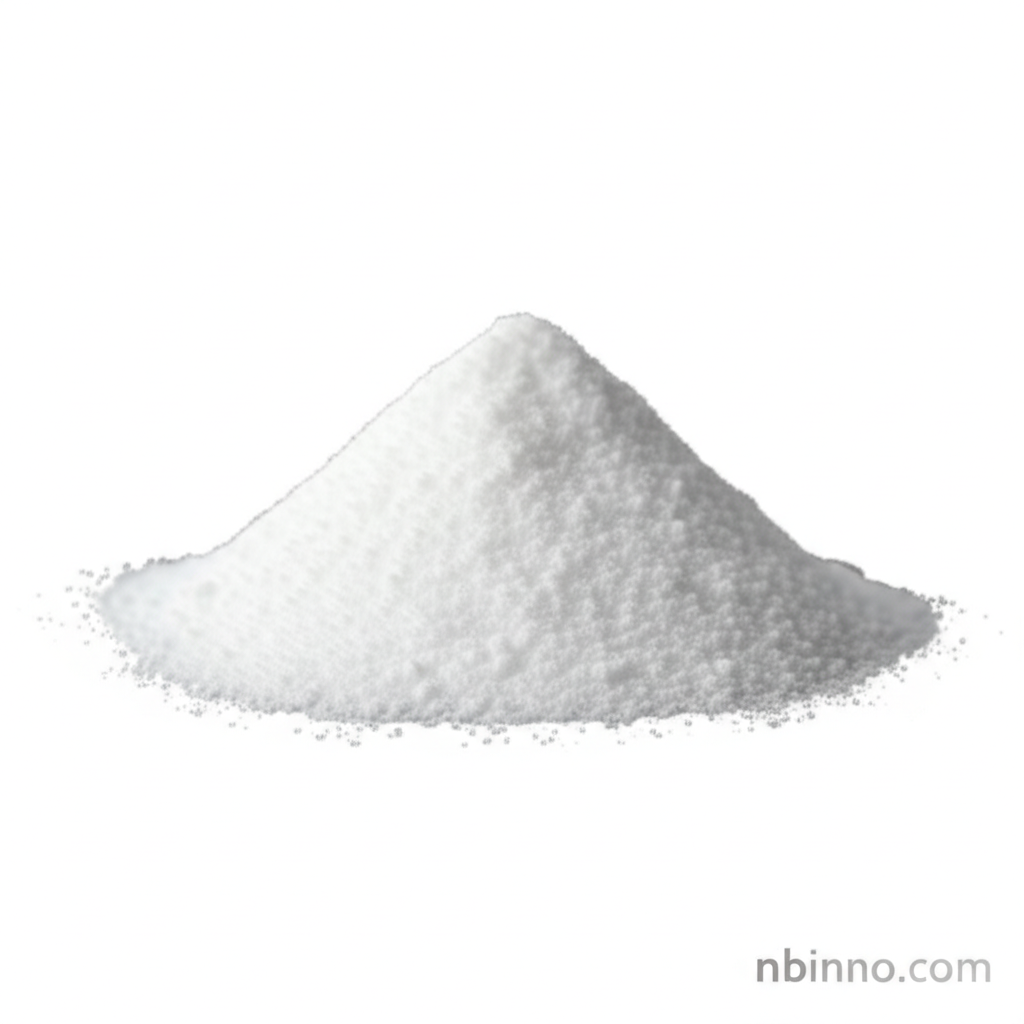L-Isoleucine: Essential Amino Acid for Muscle Health, Energy, and Blood Sugar Regulation
Discover the vital role of L-Isoleucine in protein synthesis, muscle recovery, and energy levels for peak performance.
Get a Quote & SampleProduct Core Value

L-Isoleucine
L-Isoleucine is an essential amino acid, meaning the body cannot produce it and it must be obtained from dietary sources. It is a fundamental building block for proteins, playing a crucial role in muscle metabolism, energy production, and the regulation of blood sugar levels. Its presence is vital for overall physiological function and recovery.
- Supporting muscle protein synthesis is a key function of isoleucine, contributing to muscle growth and maintenance.
- The role of isoleucine in energy production helps sustain physical activity and combat fatigue during workouts.
- Understanding isoleucine for blood sugar control reveals its potential to aid in metabolic health.
- The benefits of isoleucine for muscle recovery make it a popular choice for athletes seeking faster recuperation.
Key Advantages
Enhanced Muscle Recovery
Leveraging the benefits of isoleucine for muscle recovery, athletes can experience reduced soreness and faster recuperation after intense training sessions, making post-workout routines more effective.
Sustained Energy Levels
The role of isoleucine in energy production supports sustained physical activity. This is crucial for individuals aiming to boost energy and endurance during demanding workouts or long days.
Metabolic Health Support
Evidence suggests isoleucine's involvement in regulating blood sugar levels, offering potential benefits for those managing metabolic health or seeking to improve glucose uptake.
Key Applications
Nutritional Supplements
As an essential amino acid, L-Isoleucine is a cornerstone ingredient in many nutritional supplements, particularly those aimed at athletes and fitness enthusiasts seeking to improve performance and recovery.
Sports Nutrition
In sports nutrition, isoleucine is prized for its role in muscle protein synthesis and energy provision, supporting athletes in building and maintaining lean body mass and enhancing endurance.
Food Industry
L-Isoleucine can be used as a nutritional additive in various food products to enhance protein quality and contribute to the overall nutritional profile of fortified foods.
Pharmaceuticals
Its role in therapeutic applications is being explored, including its potential in managing muscle wasting conditions and supporting metabolic health treatments.
